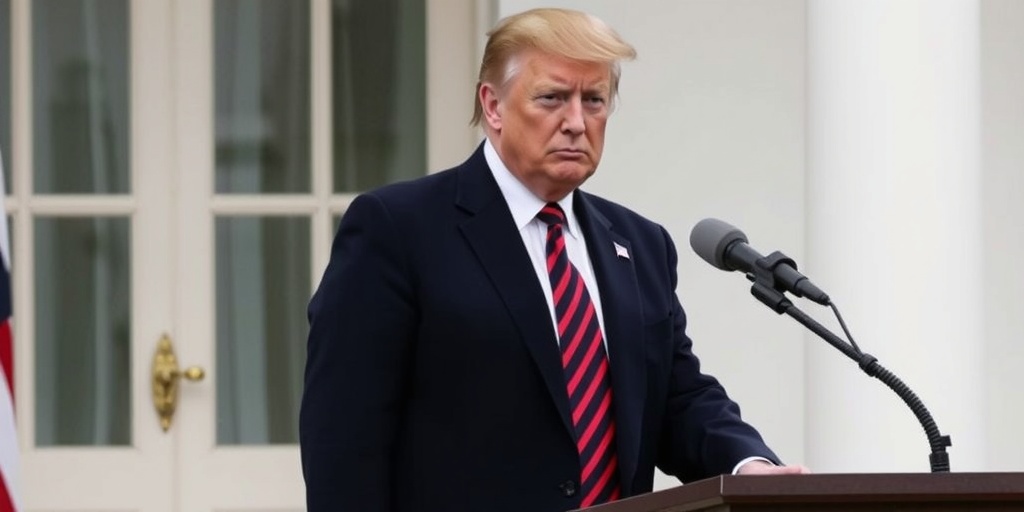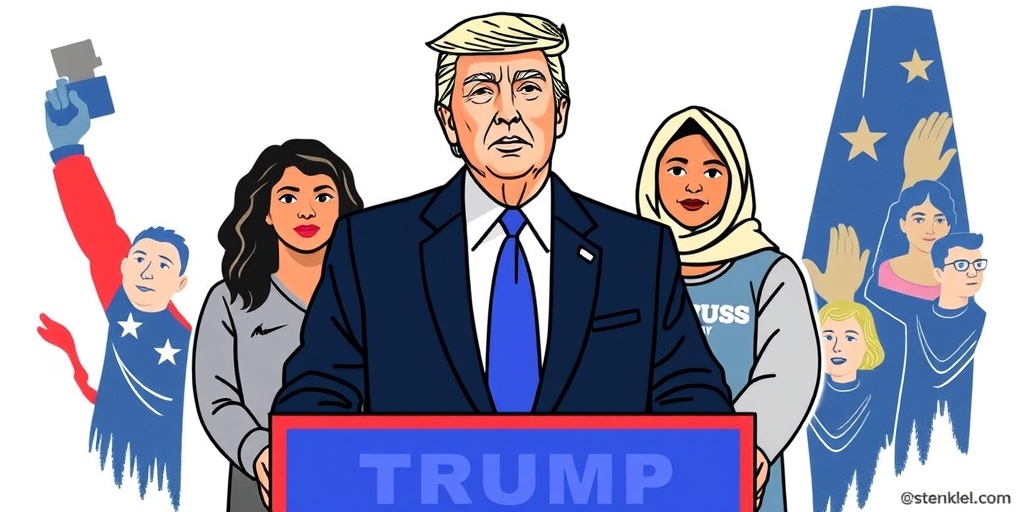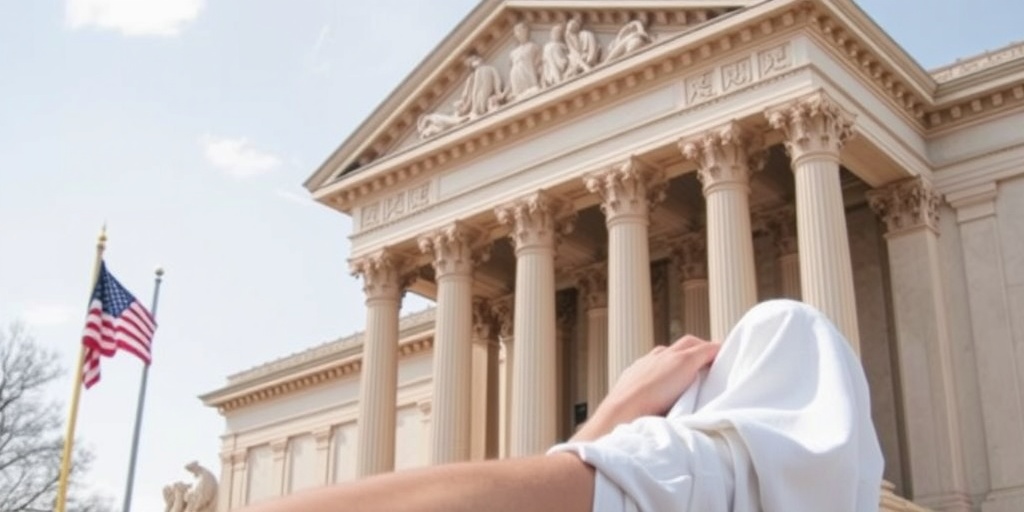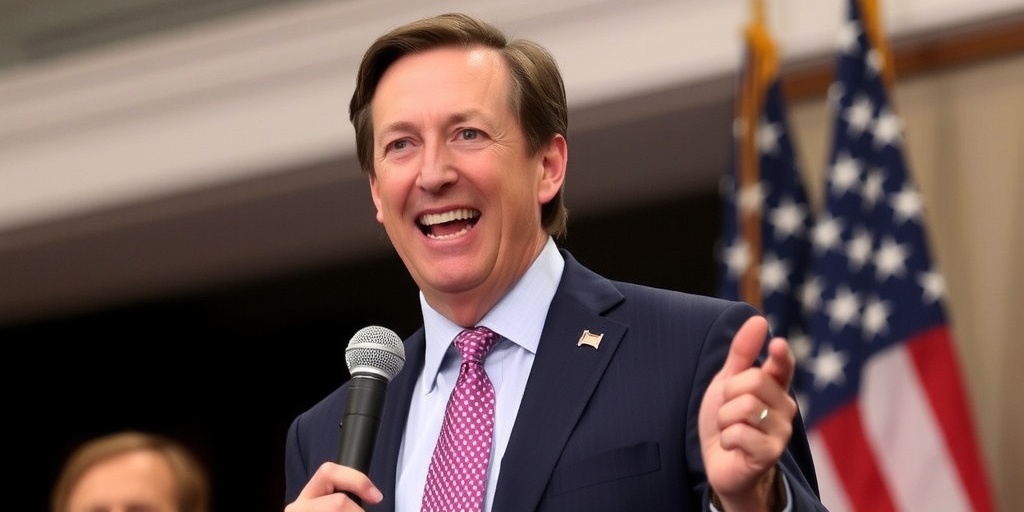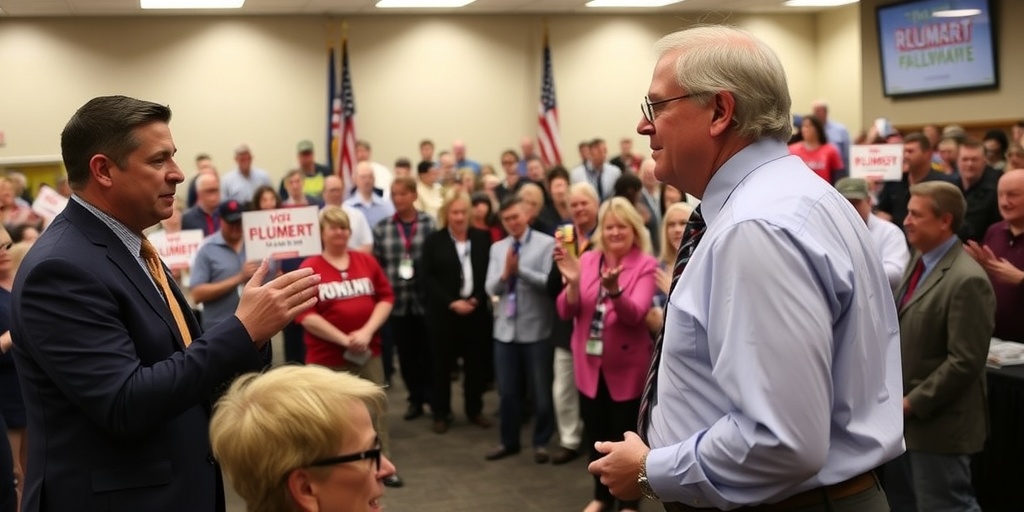Now Reading: End of Competition in U.S. Elections
-
01
End of Competition in U.S. Elections
End of Competition in U.S. Elections
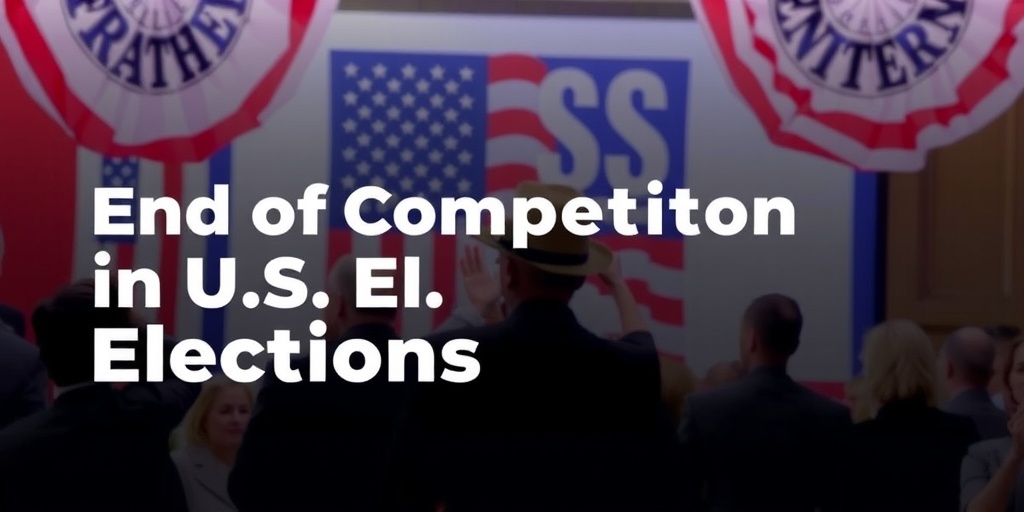
Title: The Compromise of Democracy: Examining the Undemocratic Nature of U.S. Elections
As President Trump makes a notable return to Washington, tensions rise among Democrats, historians, and legal scholars, who voice concerns that the country’s democratic structure is facing significant challenges. A closer look at the state of the U.S. electoral system reveals a grim reality: a large proportion of legislative elections have devolved into undemocratic practices that threaten the very foundation of representative governance.
The 2024 elections starkly illustrate how uncompetitive the political landscape has become, primarily due to years of gerrymandering and intense political polarization. Many members of Congress and state legislatures found themselves in elections that lacked competitiveness, with a New York Times analysis of over 9,000 primary elections revealing a startling fact: most politicians were effectively chosen through low-turnout primary contests rather than robust general elections. On average, only 57,000 voters participated in U.S. House primaries, while each of those winning candidates now represents over 700,000 constituents.
The trend is particularly concerning, as a significant number of congressional members no longer face primary challenges. Approximately one-third of current House members ran unopposed in their primaries, with most of these districts regarded as "safe" seats. In state legislatures, the situation is even more alarming: more than three-quarters of primary races in 2024 were uncontested, according to data from The Associated Press.
For those lawmakers who do face primaries, a troubling dynamic emerges. Politicians find themselves beholden to a small, fervently partisan voter base, which often seeks to pull representatives toward the extremes. As noted by Haley Barbour, a former chair of the Republican National Committee, many politicians express greater concern about losing their primary elections than their general elections.
The decline of competitive elections has been a long-term trend, yet the lack of real competition in 2024 points to a persistent issue that continues to worsen. This environment has allowed Trump to consolidate his influence, suppressing dissent within the Republican Party and manipulating primary challenges to ensure loyalty on critical issues, such as federal funding and cabinet nominations.
The ramifications of unchallenged incumbents extend beyond party dynamics; they often lead to unrepresentative governance. Local politics can be distorted as lawmakers cater to the demands of well-funded interest groups or state power brokers who push for unpopular positions. A case in point occurred in Idaho, where lawmakers rejected Medicaid expansion for years, ostensibly due to a lack of competitive elections. Once the issue finally reached the ballot, 60% of voters supported it, underscoring the disconnect between elected officials and their constituents.
The uncompetitive electoral environment directly correlates with a widespread decline in trust in government among Americans. A recent Times/Ipsos poll revealed that a staggering 88% believed the political system is broken, and 72% perceived the government as primarily serving elite interests rather than the public good.
The phenomenon of fewer competitive primary elections is evident in both Republican and Democratic strongholds. For instance, in Georgia, 10 out of 14 U.S. House members escaped primary challenges, while in deep-blue New York, 21 of 26 House members ran unopposed in their primaries. Though incumbency offers an advantage during elections, the relative neglect of primary contests has opened the door for insurgent campaigns targeting small, committed voter groups.
The trend extends across party lines, with numerous incumbents losing their seats in recent primaries. In fact, nearly half of the 59 House members defeated in re-election contests since 2020 were unseated in primaries. Political analysts note that although the reasons for losing primaries have evolved, challengers—often backed by strong financial support—have become a pressing concern for incumbents.
For some, the fight lies not solely along ideological lines but focuses on overcoming entrenched power structures. The Justice Democrats, for instance, seek to disrupt the Democratic establishment by promoting progressive candidates through grassroots funding. For the group, primaries embody a struggle between corporate interests and the people.
Despite being framed as contested elections, many primaries fail to reflect genuine competition or threats to incumbents. Michael Podhorzer, a seasoned political strategist, highlights that in an analysis of state legislative primaries, only 287 out of more than 4,600 were genuinely competitive. Such stark statistics indicate a significant portion of voters—about 158 million—remain in districts devoid of meaningful representation.
In conclusion, the current state of U.S. elections elucidates a troubling reality: dwindling competition, rampant gerrymandering, and political polarization have rendered a substantial portion of the electoral process undemocratic. As lawmakers become increasingly insulated from their electorate, the very essence of representative democracy comes under threat. Moving forward, the need for electoral reform seems more urgent than ever to restore faith in a system that serves the interests of all citizens.
Stay Informed With the Latest & Most Important News
Previous Post
Next Post
-
 01New technology breakthrough has everyone talking right now
01New technology breakthrough has everyone talking right now -
 02Unbelievable life hack everyone needs to try today
02Unbelievable life hack everyone needs to try today -
 03Fascinating discovery found buried deep beneath the ocean
03Fascinating discovery found buried deep beneath the ocean -
 04Man invents genius device that solves everyday problems
04Man invents genius device that solves everyday problems -
 05Shocking discovery that changes what we know forever
05Shocking discovery that changes what we know forever -
 06Internet goes wild over celebrity’s unexpected fashion choice
06Internet goes wild over celebrity’s unexpected fashion choice -
 07Rare animal sighting stuns scientists and wildlife lovers
07Rare animal sighting stuns scientists and wildlife lovers













